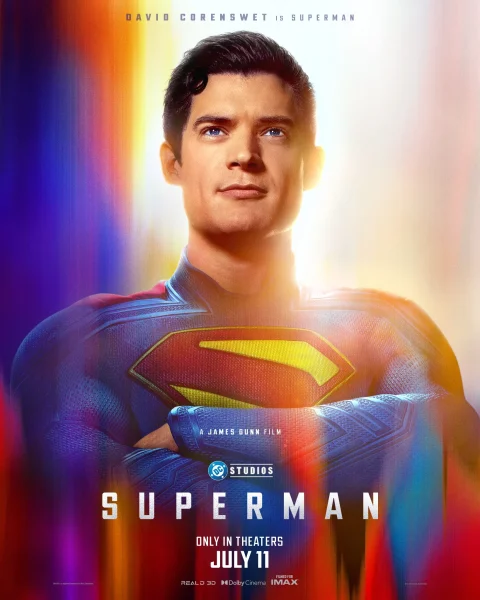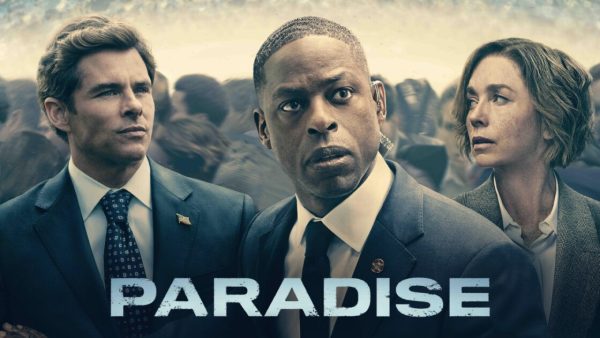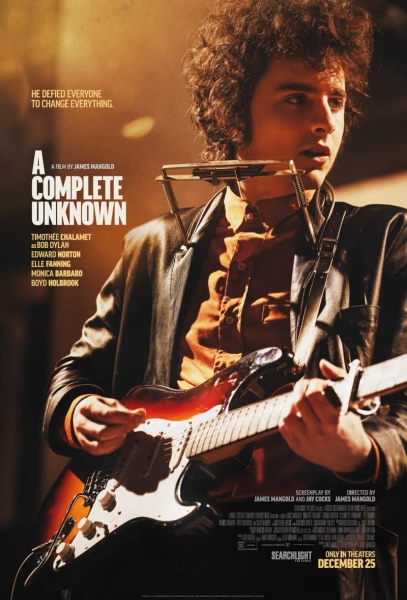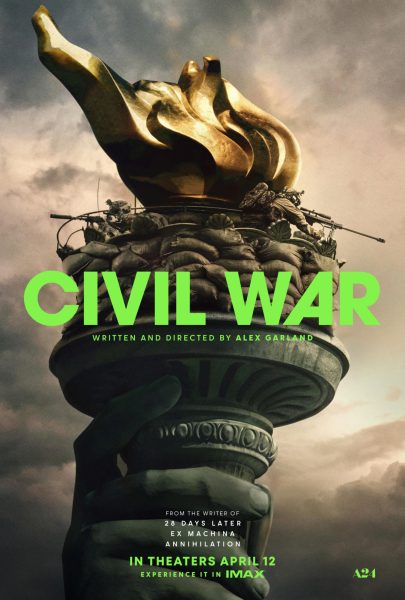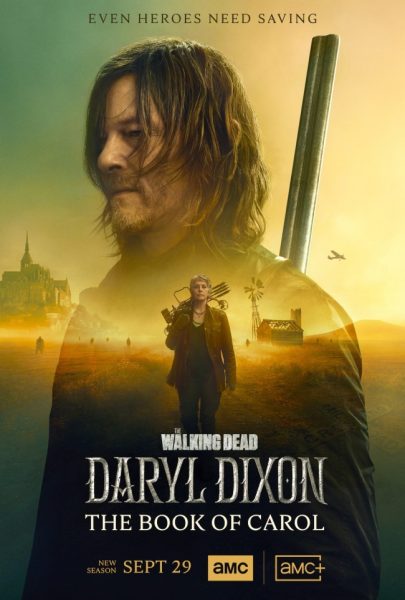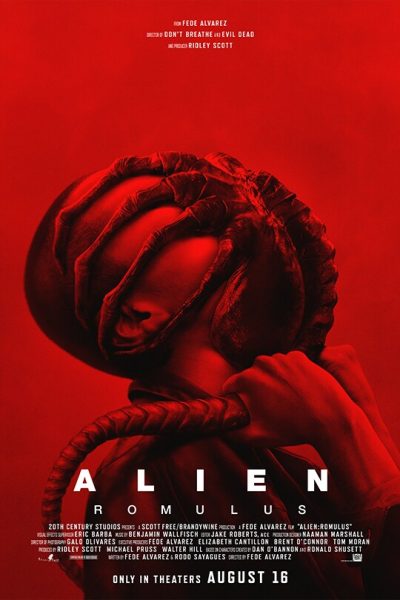Best Films of Summer 2018
Coming into 2018, I though 2017 couldn’t possibly be topped. There were so many films from the previous year that I absolutely adored, so I had my inexperienced self believing that the whole year was a fluke. Of course, then 2018 rolls around, and I am knocked off my feet with amazing film after amazing film, and we’re not even into award season yet. There have been smash hit blockbusters, touching documentaries, and beautiful little art-house films galore in 2018, with hopefully many more to come. In case you haven’t been paying too much attention, here are a couple of films that stood out over the break, in no particular order.
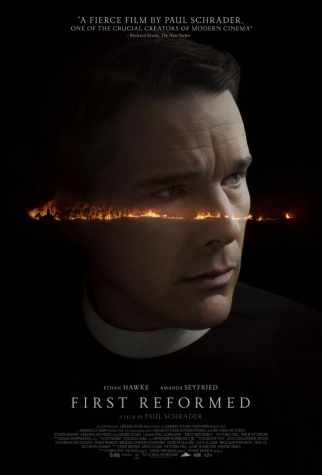
First Reformed
First Reformed is quite possibly the best film of 2018 so far. It is soul-shaking despair under the eyes of God, full of quiet and unregulated self-torment in the face of the hopelessness of the future. Almost uncomfortably intimate close-ups that achieve unrivaled levels of meaning and connection litter the frame. A pastor battles with his faith and reason in this tormented world, and is forced to come to terms with the brutality of the world and his own transcendental experiences within it. A lifetime-achievement award-worthy performance from the legendary Ethan Hawke elevates the film to another level, with each and every supporter furthering this elevation, notably Amanda Seyfried and Philip Ettinger. Any fan of Paul Schrader — writer of Taxi Driver and director of Mishima: A Life in Four Chapters — knows of his continuous struggle with faith and hopelessness in the modern world. Schrader leaves nothing to be desired here in this regard, pondering these weighty ideas in the face of the possible self-destruction of the human race through climate change. He dances the line between glimpses of hope and utter despair to the point that it becomes the audience’s job to extrapolate the relative levels of each extreme they must pull from the film (as it should be, might I add). First Reformed is a hard-hitting look at the world of 2018, and one that you should not miss.
Mission: Impossible – Fallout
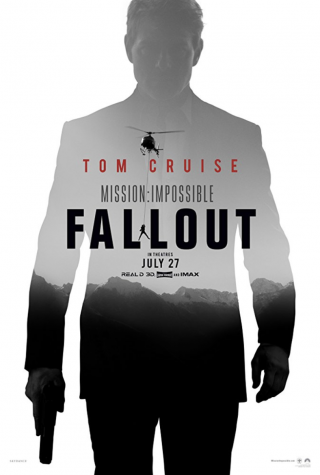
It doesn’t take long to recognize that Mission: Impossible – Fallout is one of the best action films ever made. Some will see the light during the first act HALO (High Altitude, Low Opening) jump, when Tom Cruise caps off an exhilarating long-take by leaping out of a C-17 at 25,000 feet, aerial photographer Craig O’Brien capturing the stunt from the massive IMAX camera strapped to his chest. Others might cotton to the film’s brilliance during the bare knuckle fight scene that follows in the bathroom of a Parisian nightclub. Henry Cavill packs so much firepower into each punch that he literally has to reload his arms, and director Christopher McQuarrie — invoking the best of James Bond as he shoots the brawl without any music on the soundtrack — makes sure that we absorb every bodyblow and wince at each piece of busted tile. And if anyone is still on the fence after that, there’s a pretty good chance they’ll be convinced by what comes next: a symphonic, character-driven rescue operation/motorcycle chase/underground getaway sequence that speeds across the glory of a sunbathed Paris along a breathless riptide of raw spectacle. Not since Mad Max: Fury Road have such viscerally practical effects been put to better use by such deliriously impractical people. And they’re only just getting started. Yeah, aside from a little CGI here and there to touch up some things, add some explosions and the like, every stunt that you see is practical. Tom Cruise, a freakish 56-year-old man, jumped from 25,000 feet over one hundred times, drove a motorcycle against traffic (without a safety rig), flew aerobatics in a helicopter, jumped from a building and literally snapped his ankle (of course, he finished the take), and brawled with enormous bad guys. The man is undoubtedly the greatest action star of all time. In terms of his cast though, he has a whole lot of help making this film as riveting as it is. Ving Rhames, Simon Pegg, Rebecca Ferguson, Sean Harris, Alec Baldwin, and Michelle Monaghan reprise their roles, with new editions Henry Cavill, Angela Bassett, and Vanessa Kirby all seamlessly transitioning into the franchise. The cinematography is from Rob Hardy is legitimately gorgeous, ranging across the spectrum from elegant and glamorous to gritty and dark. It’s not often that huge blockbusters like this are legitimate cinematic masterpieces, but this one is.
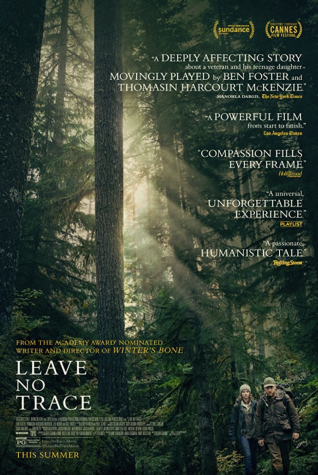
Leave No Trace
This one is quite the hard left turn from Mission: Impossible – Fallout. A beautifully slow and quiet film, Leave No Trace is one that almost shies away from the audience, calling you to find the rich emotional beats lying underneath the thick undergrowth. Director Debra Granik (of Winter’s Bone fame) gets back to her nature-centric roots, churning out a story of a PTSD-ridden military veteran and his daughter illegally living in a state park, where they are caught and a deeply emotional journey ensues. Leave No Trace is an equally heartwarming and gut-wrenching film, and one that brilliantly tackles the state of veterans’ affairs in our country today, dealing with PTSD, the opioid epidemic, and the pitfalls of an underperforming government. It deals most heavily with the struggles of finding your place in the world. Leads Ben Foster — who is steadily carving himself out as one of the best actors around — and newcomer Thomasin McKenzie are brilliantly subdued; there’s always much more meaning to seeing someone try not to let their emotions fly than to watch someone who is so outwardly expressive. Such a wonderful film; I couldn’t recommend it more.
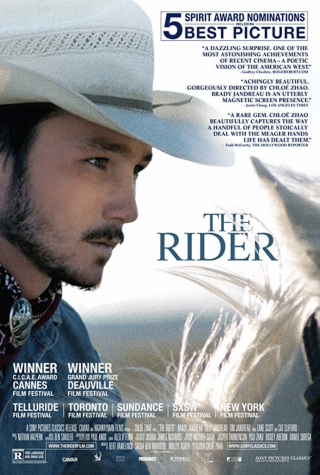
The Rider
Chloe Zhao, writer and director of The Rider, is truly one to watch. The Chinese-born filmmaker has found a way into the so-called heartland of America, crafting stories in underrepresented places and cultures that seem to go under Hollywood’s radar. In her two films, Zhao has reinvented the Western genre, superseding the previous efforts of screenwriter and later director Taylor Sheridan (all but the original Sicario). Zhao’s western is a more introspective one, a warmer and more beautiful portrait of the sweeping plains, and of the destitution of the Native American reservations that they take place on. The important thing here though is that the film is in no way exploitative, choosing (for the best) not to focus on the environment but on the characters and their internal struggles as new-age cowboys. Zhao’s way of doing this is incredibly unique, risky, and genuine. All of the “actors” in the film are people from the area of South Dakota where they filmed, including the main character and his family. In fact, the main character’s story is very close to the actual experience of the man who plays him. Even if none of this was true, the film would still be remarkable in its emotional depth, visual beauty, and ability to grasp the maximum amount of empathy from its audience. The Rider is the type of film that changes your perspective on life and your surroundings entirely as you step out of the theater, which is one of the highest accomplishments that any film can achieve.
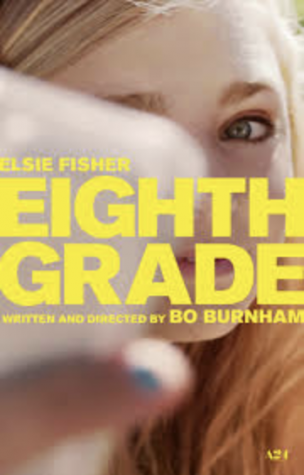
Eighth Grade
In his first ever film, already legendary comedian Bo Burnham has expanded his already highly artistic and introspective ways into a new medium. Eighth Grade is a film that dissects all of the awkwardness, confusion, anxiety, and uncertainty about the future of 8th grade (obviously), but it is just as much about all of those things today for anyone of any age as it as about 8th grade. In fact, Burnham initially set out to create a story that reflected his own anxiety, and found the perfect representation in this story of an 8th grade girl. This girl, played by Elsie Fisher, is a shy, nervous, and awkward girl who is on the cusp of high school with no friends to show for it. On the inside, she is a talkative girl with a lot to say, but she isn’t included in the social scene, so she “expresses” herself in YouTube videos that are mostly about giving tips on life, something she has in no way conquered at all (much like all of you “adults”). It a rare film about one’s youth that avoids being overly sentimental or exploitative. It takes an intelligently ambivalent approach to this age of social media, as opposed to the average 40-year-old reading op-eds in the New York Times about how phones are killing our kids. It accurately portrays the cringey-ness of adults, and creates dialogue that is legitimately spot-on, unlike your average “coming-of-age” (what a horrible term, by the way) film. The score is a synthy, electronic one that swells as Fisher’s character approaches a seemingly Herculean task, and cuts right as she begins to do this task, creating a contrast between how an eighth grader would view such a minute social situation to what it actually is. This film is receiving tons of praise for being the amazing portrait of 8th grade that it is, but it deserves much more in the way of portraying our own anxieties now, for anyone of any age (especially you, “adults”).

PJ Knapke is a senior at Glenbard West and a Columnist this year for the newspaper. His focus on is on film-related content, particularly reviews. He is...


